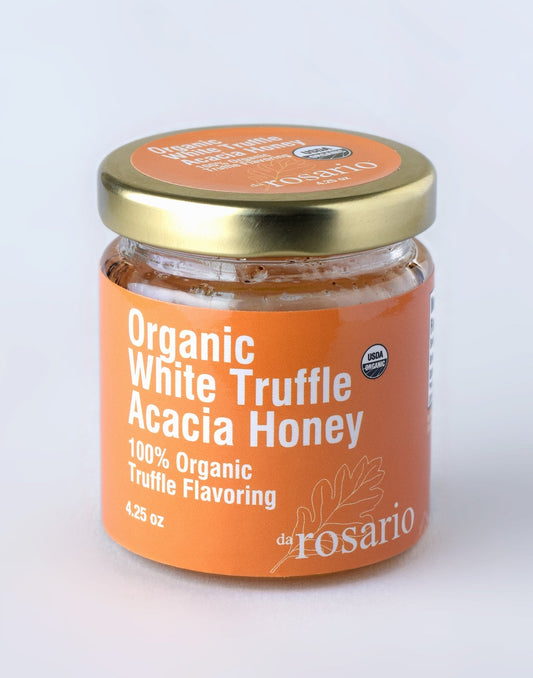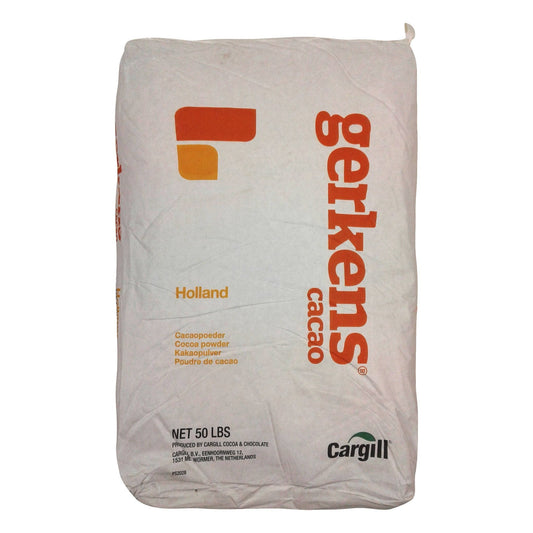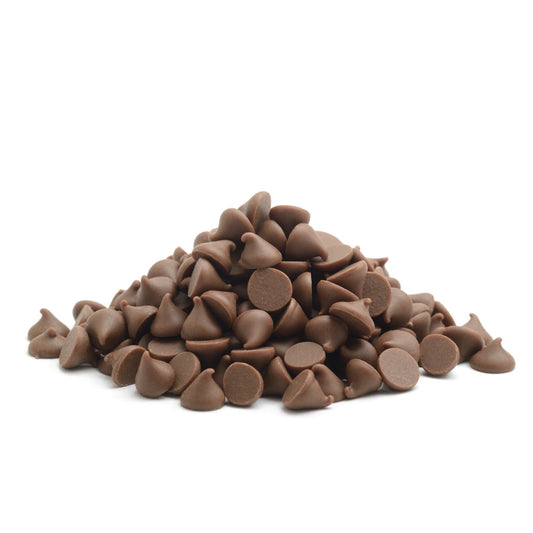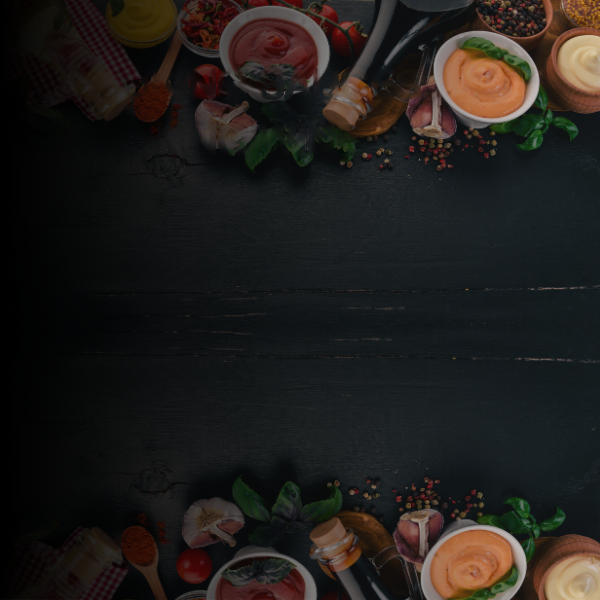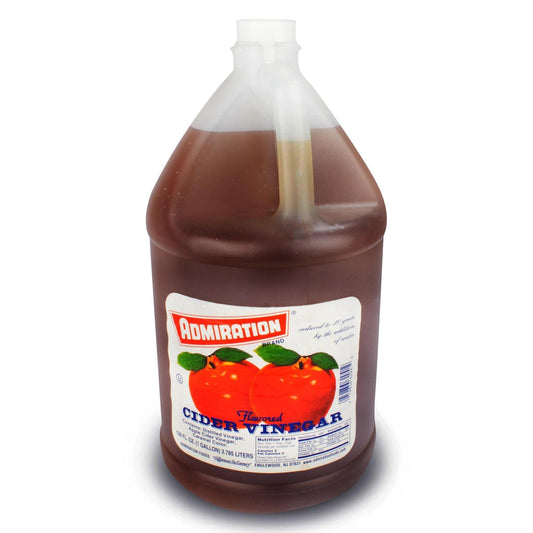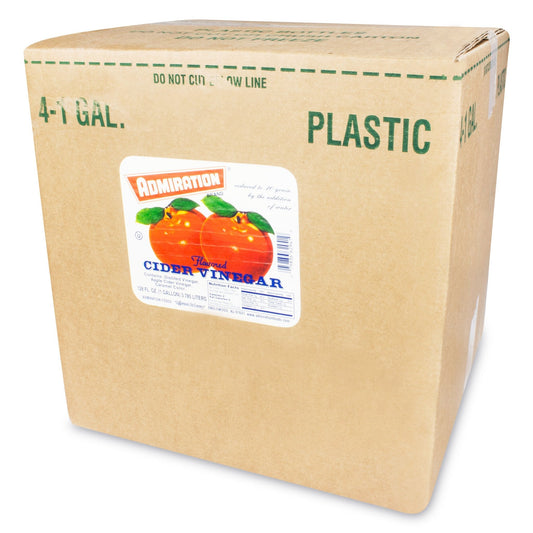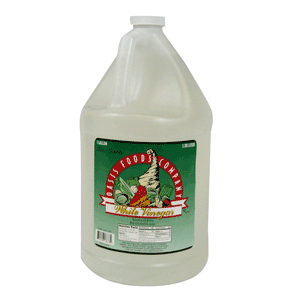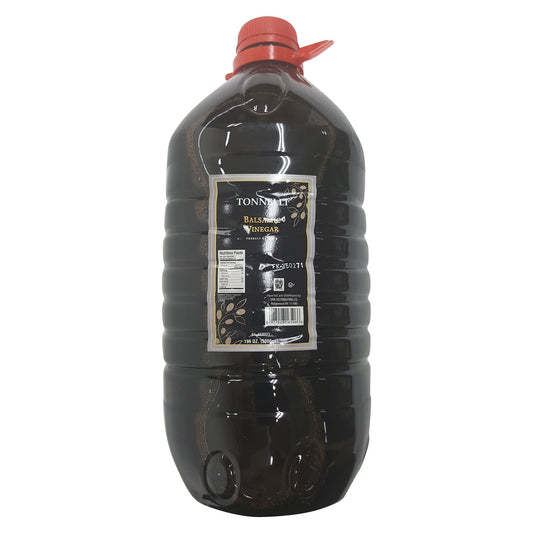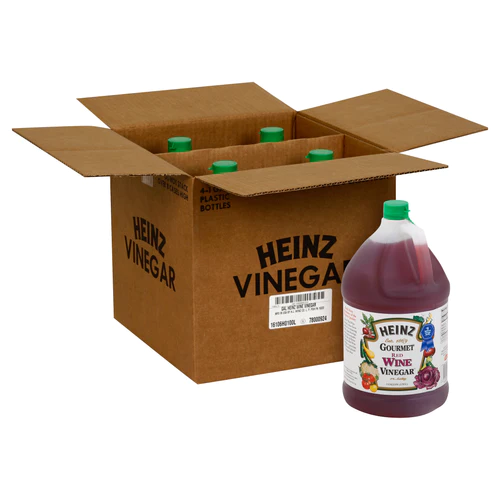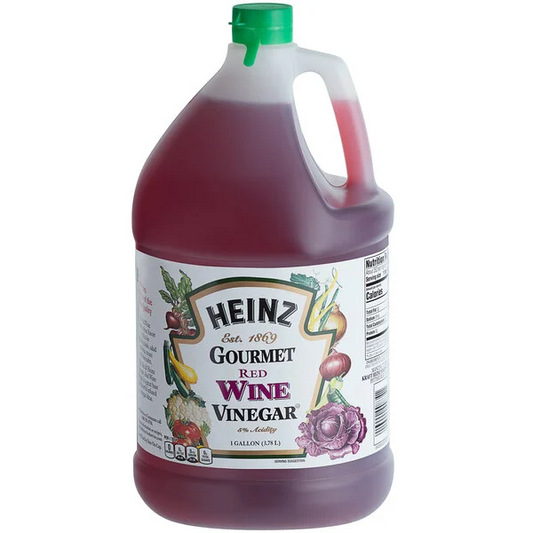-
Vendor:No Brand
Flavored Apple Cider Vinegar 4%
Regular price $6.77 / 1 GallonRegular priceUnit price per/ 1 GallonSale price $6.77 / 1 Gallon -
Vendor:Oasis
White Vinegar
Regular price $4.20 / 1 GallonRegular priceUnit price per/ 1 GallonSale price $4.20 / 1 Gallon -
Vendor:NINA
TERRA SOLE Balsamic Vinegar
Regular price $15.27Regular priceUnit price per -
Vendor:Kraft Heinz
Heinz Red Wine Vinegar (Case of 4/1 Gal)
Regular price $68.68Regular priceUnit price per
Frequently Asked Questions
-
What are the benefits of using specialty cooking sauces in baking?
- Specialty cooking sauces can introduce unique flavors, moisture, and texture to baked goods. For commercial bakers, they can elevate standard recipes, help differentiate products in a competitive market, and cater to niche customer preferences.
-
How can wine be effectively incorporated into baked recipes?
- Wine can be used in various ways in baking: as a flavor enhancer, a liquid substitute, or for fermentation. When using wine, it's essential to balance the flavors to ensure the alcohol doesn't overpower the dish. Often, the alcohol is cooked off, leaving behind a rich and aromatic flavor profile.
-
How do vinegars impact the texture and rise of baked goods?
- Vinegar, especially when paired with baking soda, can act as a leavening agent, producing carbon dioxide and aiding in the rise of baked goods. Additionally, its acidity can tenderize gluten, giving cakes and pastries a softer texture.
-
Which vinegar is best for achieving a neutral flavor in baked goods?
- White vinegar is the most neutral in flavor and is commonly used in baking for its leavening properties without imparting a strong taste. However, always use it in moderation to avoid any unwanted flavors.
-
Are the cooking sauces, wines, and vinegars on Baker's Authority suitable for vegan and gluten-free baking?
- While many of our products cater to a range of dietary needs, it's essential to read the product description and labels. We aim to provide detailed information on every product, ensuring our bakers can make informed decisions based on their specific requirements.
-
How should cooking sauces, wines, and vinegars be stored to maintain freshness and flavor?
- These products should be stored in a cool, dark place, preferably in airtight containers. For wines and some sauces, once opened, they should be refrigerated and used within a specific timeframe to ensure optimal flavor and prevent spoilage.
-
Can I use cooking sauces and vinegars interchangeably in recipes?
- While some sauces and vinegars might have similar profiles, they are not always interchangeable due to differences in acidity, consistency, and flavor. It's always best to understand the role of each ingredient in the recipe and make substitutions cautiously.

